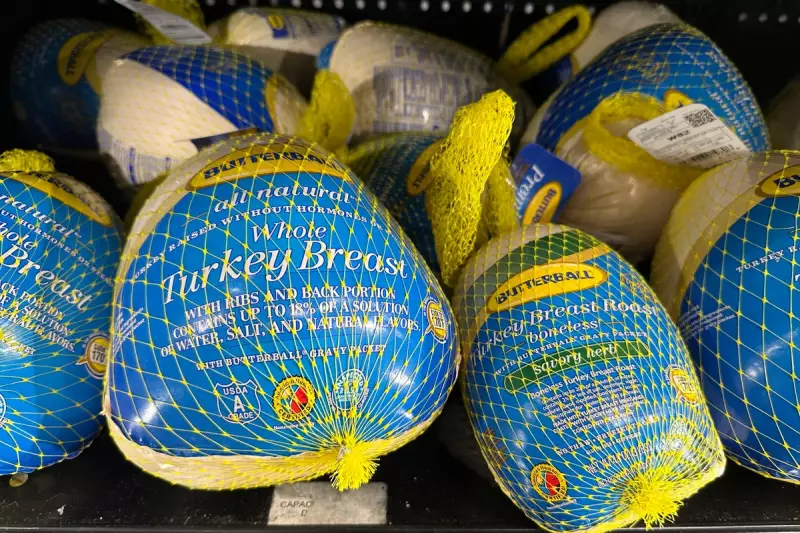
As Thanksgiving approaches, British households preparing for the American tradition face a crucial decision: should they opt for a fresh or frozen turkey for their festive centrepiece? The choice between these two options involves significant differences in cost, preparation time and flavour that could make or break your holiday meal.
Understanding the Fundamental Differences
According to the United States Department of Agriculture (USDA), the distinction between fresh and frozen turkeys comes down to temperature. A frozen turkey has been cooled at 0 degrees Fahrenheit or lower, while a fresh bird has never been chilled below 26 degrees Fahrenheit. This temperature difference dictates when you should purchase your turkey and how you'll need to prepare it.
The timing of your purchase varies significantly between the two options. Frozen turkeys can be bought weeks before Thanksgiving, providing early peace of mind for organised cooks. Fresh turkeys, however, should be purchased just days before the big event due to their shorter shelf life.
The Advantages of Choosing Frozen Turkey
One of the biggest benefits of frozen turkey is its longevity. You can store it in your freezer for weeks before Thanksgiving, allowing you to focus on other ingredients and preparations as the holiday approaches. This forward planning can significantly reduce pre-holiday stress.
Cost is another important consideration. Frozen turkeys typically come with a lower price tag than their fresh counterparts. As Southern Living explains, this price difference occurs because fresh birds tend to be free-range and organic, involving higher production costs that get passed to consumers.
Flavour enthusiasts might also appreciate that frozen turkeys, which are typically fed on corn and grains, often develop a sweeter and more tender profile according to culinary experts.
The Potential Drawbacks of Frozen Options
The most significant challenge with frozen turkey is the thawing process. The USDA recommends allowing approximately 24 hours of thawing time in the refrigerator for every four pounds of turkey. This means a 12-pound bird requires three full days to properly thaw, demanding considerable advance planning.
For those who prefer last-minute preparation or have limited refrigerator space, this extended thawing period might prove inconvenient. Additionally, while frozen turkeys offer tenderness, some argue they can't match the flavour intensity of fresh alternatives.
When Fresh Turkey Might Be the Better Choice
Fresh turkeys excel in convenience for those who prefer to shop closer to Thanksgiving. The USDA suggests purchasing a fresh bird at least two days before the holiday, storing it in your refrigerator until cooking time. This eliminates the multi-day thawing process that frozen options require.
Though fresh turkeys may have a tougher texture according to Southern Living, they retain more moisture during cooking, resulting in potentially more flavourful meat. This moisture retention can be particularly valuable for cooks concerned about serving dry turkey.
Making Your Final Decision
Ultimately, there's no definitive right or wrong choice between fresh and frozen turkey. Your decision should depend on your schedule, budget and taste preferences. Those who value advance preparation and cost savings might lean toward frozen, while last-minute shoppers and flavour purists may prefer fresh.
An interesting development in the frozen category comes from Butterball, which in 2024 launched its Cook From Frozen whole turkey line. This innovation allows cooks to bypass the traditional thawing process entirely, taking the turkey directly from freezer to oven on Thanksgiving day.
Whether you choose fresh or frozen, proper preparation remains key to a successful Thanksgiving centrepiece. Consider your cooking style, timeline and guest expectations when making this important holiday decision.





